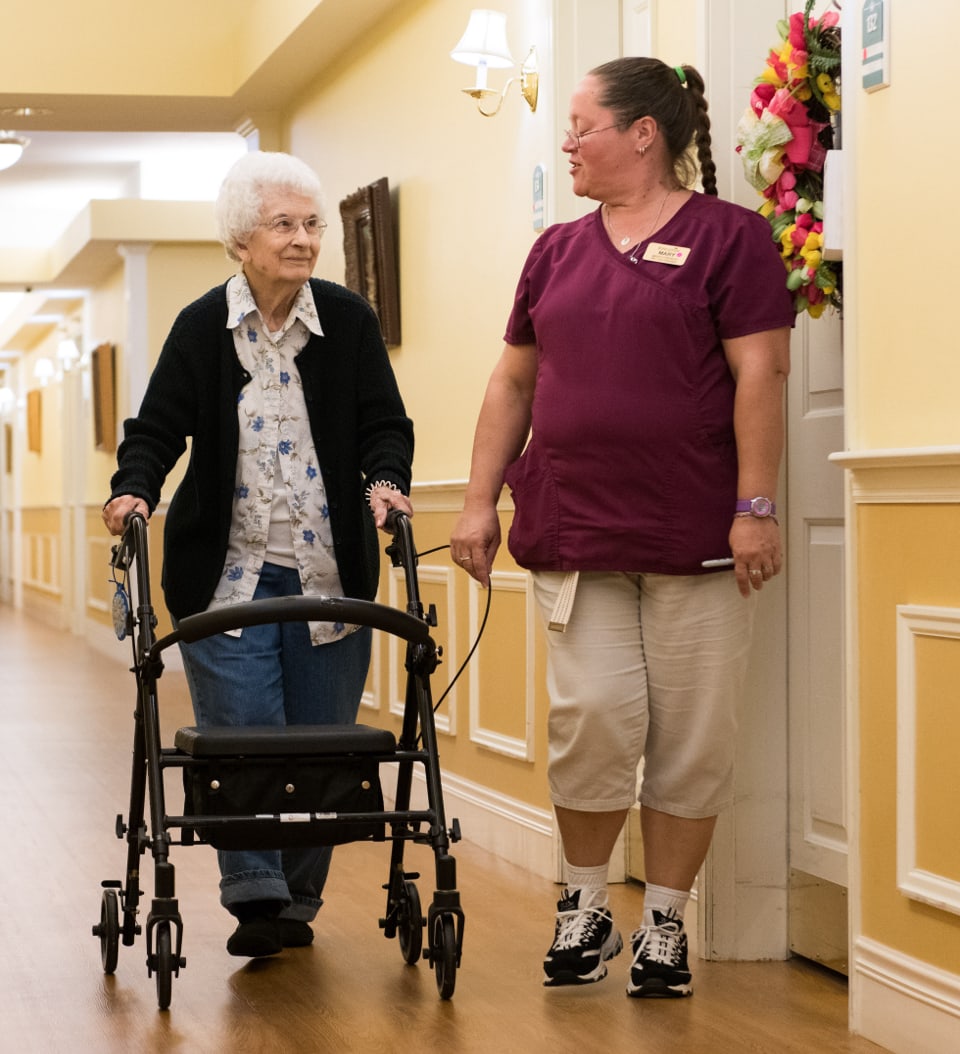Key Takeaways
- Journaling reduces stress and enhances mental clarity for seniors.
- Different types of journals offer unique benefits, from gratitude to memory keeping.
- Simple daily writing routines can improve relationships and preserve life stories.
- Senior living communities provide supportive environments for creative expression.
- Starting small with realistic goals makes journaling accessible for everyone.
The Power of Journaling for Mental and Emotional Well-Being
Writing down your thoughts and feelings might seem like a simple activity, but it can have powerful effects on your mental health and overall well-being. Many seniors discover that journaling becomes a treasured part of their daily routine, offering them a safe space to reflect, remember, and reconnect with themselves. Just like cognitive activities for seniors, journaling provides mental stimulation that can help maintain clarity and emotional balance.
Journaling offers numerous mental health benefits for seniors, including stress reduction, improved memory function, enhanced emotional well-being, and stronger relationships through increased self-awareness. Whether you’re considering this practice for yourself or a loved one, understanding how writing can support mental wellness opens doors to a more fulfilling and peaceful lifestyle.
Understanding Journaling and Its Role in Senior Mental Wellness
What Journaling Means for Today’s Seniors
Journaling doesn’t require fancy supplies or perfect writing skills—it’s simply the practice of putting your thoughts on paper. You might write about your day, your memories, or your hopes for tomorrow. The beauty of journaling lies in its flexibility and personal nature.
Many seniors find that journaling helps them process changes in their lives and maintain a sense of purpose. It’s a way to stay connected to your inner self while navigating the transitions that come with aging. Assisted living communities often encourage this practice as part of their wellness programs.
Beyond an Old-Fashioned Hobby: Journaling as a Mental Health Tool
Modern research shows that writing about your experiences can significantly impact your mental health. When you journal regularly, you’re giving your mind a chance to sort through emotions and thoughts that might otherwise feel overwhelming. This practice helps you gain perspective on daily challenges.
Journaling also provides a healthy outlet for processing grief, celebrating achievements, and working through complex feelings. Memory care specialists often recommend writing exercises to help maintain cognitive function and emotional balance.
Different Types of Journals and How They Help Seniors
Gratitude Journals: Focusing on Daily Joy
A gratitude journal involves writing down things you’re thankful for each day. These might include small moments like enjoying a cup of coffee, larger events like a visit from family, or simple pleasures like sunshine streaming through your window. This type of journaling helps train your mind to notice positive aspects of your daily life.
Many seniors find that gratitude journaling improves their mood and helps them feel more optimistic about their circumstances. Even during challenging times, focusing on what you appreciate can provide comfort and perspective.
One-Sentence Journals: Simple and Accessible Writing
If writing feels challenging or time-consuming, a one-sentence journal might be perfect for you. Simply write one sentence about your day—what you did, how you felt, or something you noticed. This approach makes journaling accessible even when your energy or mobility is limited.
Over time, these single sentences create a meaningful record of your daily experiences. You’ll be surprised how much these simple entries can reveal about your life and growth.
Planning Journals: Organizing Daily Activities and Thoughts
Planning journals help you organize your thoughts about upcoming events, appointments, and activities. You might write about what you’re looking forward to or how you want to approach certain situations. This type of journaling can reduce anxiety about future events and help you feel more prepared.
Many seniors use planning journals to coordinate with family members and caregivers, writing down questions they want to ask or topics they want to discuss. This preparation can make conversations more productive and meaningful.
Dream Journals: Exploring Your Creative Side
Writing about your dreams—both the ones you have while sleeping and your hopes for the future—can be a creative and inspiring journaling practice. Dream journals allow you to explore your imagination and connect with parts of yourself that don’t always get attention during your waking hours.
Some seniors find that recording their nighttime dreams helps them remember them more clearly and discover interesting patterns or themes. Others prefer to write about their dreams and aspirations for themselves and their loved ones.
Memory Journals: Preserving Life Stories and Experiences
Memory journals focus on recording significant events, relationships, and experiences from your life. You might write about your childhood, career, travels, or important relationships. This type of journaling creates a legacy for your family while helping you process and appreciate your life experiences.
Many families treasure memory journals as gifts that preserve important stories and wisdom for future generations. The act of writing these memories can also help you feel more connected to your life’s journey and accomplishments.

Practical Tips for Seniors Starting Their Journaling Journey
Pick a consistent time and quiet space that feels peaceful—morning reflection or evening wind-down both work well. Link journaling to daily routines like morning coffee or bedtime, and start with just a few minutes to make it easy to maintain. Begin with small, realistic targets such as writing a few times a week. Focus on consistency rather than length or perfection.
Don’t worry about deep topics—write whatever feels natural. Prompts like “Today I noticed…” or “I’m grateful for…” can help you start. Some days will flow more easily than others. If you skip a day, simply begin again—progress matters more than perfection.
How Senior Living Communities Support Creativity and Mental Health
Encouraging Self-Expression Through Writing
Many senior living communities offer writing groups, memoir classes, and storytelling events that make journaling social and engaging. Sharing personal stories fosters connection and emotional well-being.
Creating Peaceful Spaces for Reflection
Quiet areas like libraries, gardens, or cozy nooks provide ideal spots for writing and contemplation. Supportive staff often supply materials and respect residents’ need for personal reflection time.
Communities that value journaling as part of holistic care help residents nurture emotional balance and self-awareness, supporting overall mental and physical well-being.
Discovering How Senior Living Can Enhance Your Wellness Journey
At Kingston Residence of Marion, we believe that supporting your mental wellness is just as important as addressing your physical needs. Our compassionate team creates an environment where activities like journaling can flourish, supported by our 24-hour nursing care and commitment to enhancing the quality of life for every resident.
Contact us today to learn more about how our community supports mental wellness and discover the difference comprehensive care can make in your overall well-being.






